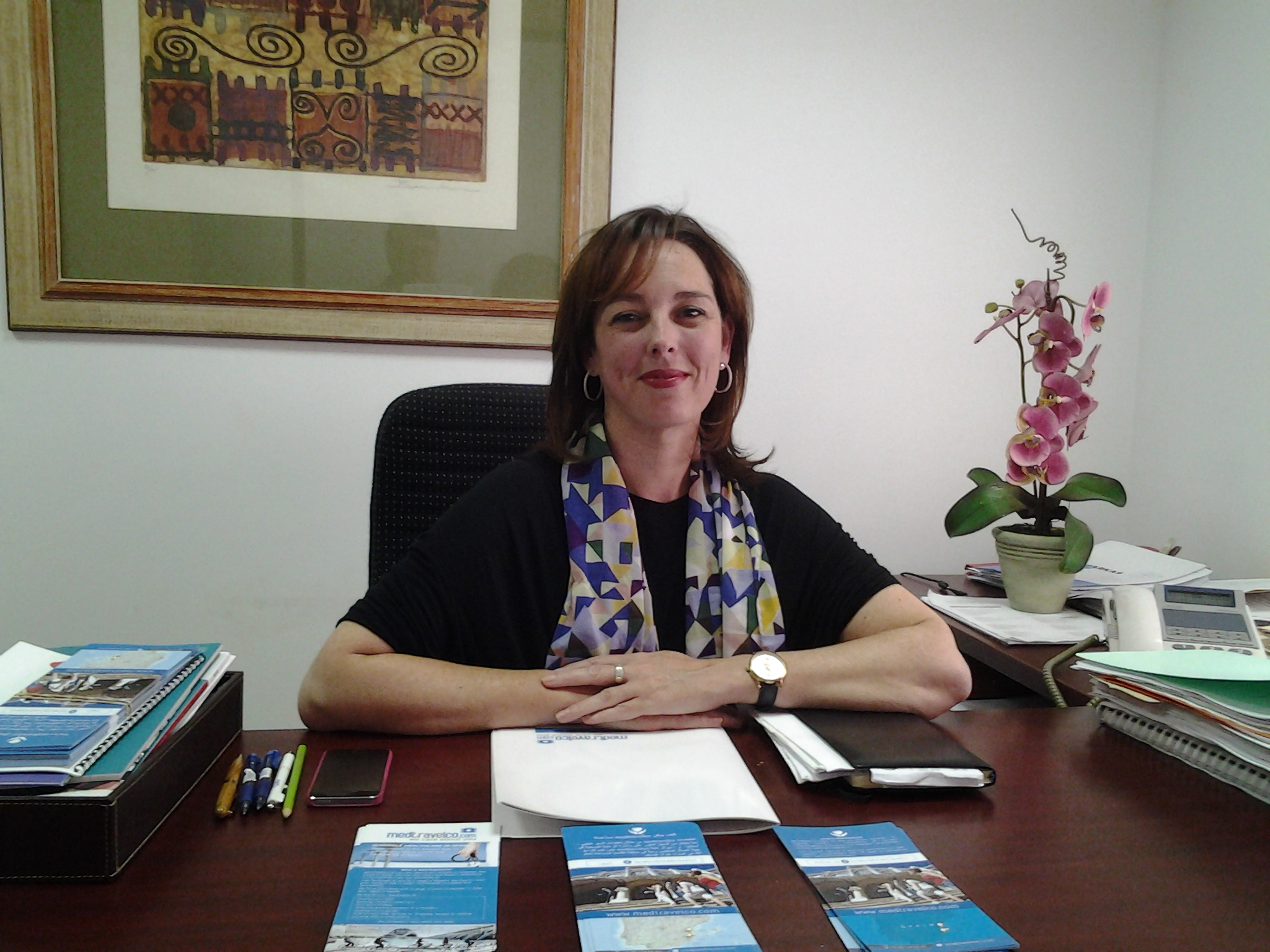Preparing Children for Life: The Challenge of Overprotection
The social emotional educator Cristina Gutiérrez Lestón will give a talk on 27 February at Caxton College as part of the Childhood and Beyond Conferences that this British school in Valencia organises each year.
Currently, one of the greatest challenges faced by parents is finding the balance between keeping their children safe and promoting their autonomy. According to specialists, overprotection has become a common mistake, but one with serious consequences for children’s emotional and social development. Overprotecting can lead children to believe that they are incapable of facing challenges on their own, which creates insecurity and low self-esteem, especially during adolescence.

“When we overprotect, what we are actually doing is disempowering them. Children end up believing they can’t do anything without the constant help of their parents. This leads to a lack of self-confidence, low self-esteem, and a feeling of being useless, especially when they reach secondary school,” explains emotional intelligence specialist Gutiérrez Lestón.
The real challenge for parents is learning to trust their children’s abilities and allowing them to take on responsibilities. Children are, in the specialist’s words, “stronger, more creative and intelligent than we often imagine.” An essential step in this direction is to stop doing for them what they can already do for themselves, whether it’s packing their schoolbag, fastening their coat, or preparing a snack. These everyday tasks, although small, are valuable opportunities to foster their autonomy. Turning these moments into games, such as challenging them to pack their bag in record time or make the best sandwich, not only motivates them but also teaches them to enjoy the process of learning and becoming independent.
“Every time you do something for them, ask yourself: ‘Could they do this on their own?’ If the answer is yes, ask them to do it the next time. If it can be turned into a game or challenge, that makes it more fun,” explains Gutiérrez Lestón, adding that small daily challenges can make a big difference.
Encouraging autonomy also involves changing the way we view our children. Rather than focusing on their weaknesses or what they can’t do, it’s crucial to identify their strengths and trust in their abilities. This not only strengthens the relationship between parents and children but also provides them with the confidence needed to take on more responsibilities and make decisions for themselves. “Education is a game of opportunities. If we don’t give children the chance to do things themselves, to make mistakes and learn, we will turn them into dependent individuals,” she warns.
Overprotection also has a profound impact on the emotional development of young people. “They grow up believing that they aren’t able to protect themselves, which leads to dependence. They are often unaccustomed to hearing the word ‘no’, they struggle with frustration and have difficulty trusting others or themselves. Although their behaviour may seem demanding and capricious, deep down they have very low self-esteem and are very fearful. Overprotection is educating through fear,” continues the expert. This approach does not make young people stronger, but rather makes them less resilient in the face of life’s challenges.
To foster an environment that promotes their development, it is crucial that we don’t try to remove obstacles from their path. Our job is to accompany them as they encounter and even stumble over them. At home, the family should function as a team, with each member taking on their responsibilities, including younger members. This means validating their emotions, giving them space to express themselves, and showing them that, even at a young age, they are capable of taking on small daily challenges.
Paradoxically, many parents who today tend to overprotect their children were raised with much greater freedom and autonomy. However, fear has taken a predominant role in their approach to parenting. “When we have a child, we are overwhelmed by all the fears in the world: the fear that they won’t be happy, won’t have friends or will be frustrated… But there is an important question to ask: Who do you want to educate your child–your fear, or you?” the specialist asks, emphasising the importance of managing these fears to prevent them from influencing how we raise our children.
In the end, there are only two choices: “Preparing the way for children or preparing children for the way.” Educating them to develop their autonomy and self-confidence will not only enable them to face life’s challenges but also help them discover that they are much more capable and courageous than they ever imagined.
If you wish to attend the conference, you can register here. Free entry, parking, and childcare.






Recent Comments